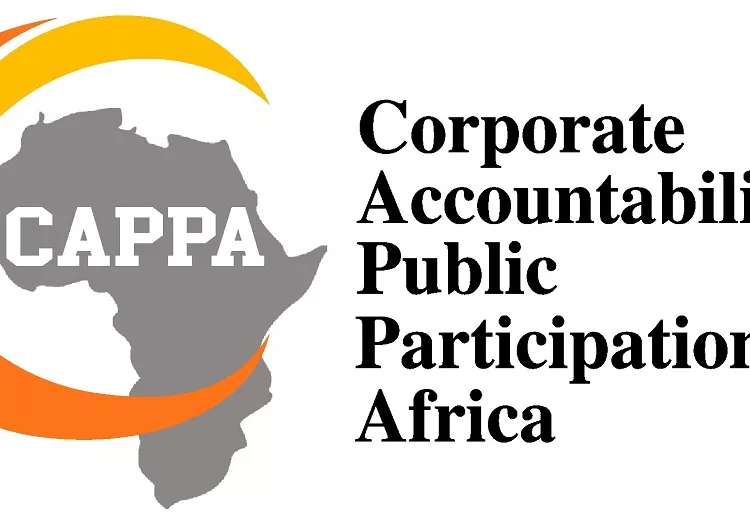The Corporate Accountability and Public Participation Africa (CAPPA) has urged the Federal Competition and Consumer Protection Commission (FCCPC) to disclose the violations committed by British American Tobacco Nigeria (BATN) and its subsidiaries, leading to a landmark fine of $110 million rather than prosecution.
CAPPA said that Nigerians deserve clarity regarding the impact on their health and the specific laws breached by BATN and its subsidiaries, which warranted such an unprecedented penalty.
The FCCPC, in a statement released on Wednesday, December 27, 2023, imposed the historic fine on tobacco industry firms for repeated infringements of the nation’s laws, including the National Tobacco Control Act, 2015.
According to the statement, the Commission initiated an active investigation of BATN and its affiliates on August 28, 2020, gathering substantial evidence through forensic analysis of electronic communications and other information.
Akinbode Oluwafemi, CAPPA’s Executive Director, commended the FCCPC for this groundbreaking action, stressing the need for corporations to be held accountable for violating national laws and promoting harmful products, especially to youths.
He said, “For this precedent-setting action. We have consistently advocated that BAT and their ilk should be made to pay for their disregard for our laws and the promotion of an addictive, cancer-causing product to our youths and our people.
“To us, this action sends strong warnings to other tobacco companies in Nigeria and other corporations behind products that compromise public health that justice may be slow in coming, but it will surely catch up.”
However, CAPPA expressed concern that the Consent Order allowed BAT and its officials to evade criminal prosecution while keeping the specifics of their infractions shrouded in legal jargon.
CAPPA underscored the importance of revealing BAT’s crimes that led to the $110 million settlement, stating that no fine could adequately compensate for actions compromising public health and undermining national economies.
The organization called for a thorough investigation into BATN’s benefits from the Export Expansion Grant to recover any funds that belong to the national treasury.
Furthermore, CAPPA criticized a clause in the Consent Order permitting BAT to conduct tobacco control advocacy, citing conflict with Section 38 of the National Tobacco Control Act 2015. The Act explicitly bars entities linked to the tobacco industry from engaging in activities related to public health and tobacco control education.
It stated: “A person or entity working on behalf of or furthering the interest of the tobacco industry shall not be involved in any manner in youth, public education, or other initiatives to tobacco control or public health, including and funding of such activities.
“Since this is a fine, at best the funding for advocacy should be administered through the Federal Ministry of Health and not through systems and structures with affiliations to BAT.”
CAPPA suggested that if advocacy funding is involved, it should be administered solely through the Federal Ministry of Health, ensuring no affiliations with BAT structures.





